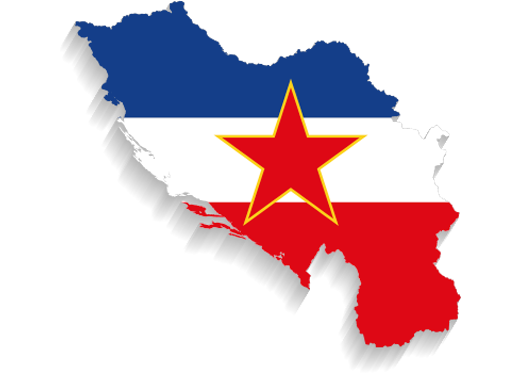(Grant Agreement n. 669194)
Senior official - Federal foreign affairs secretariat (1973-1976)
He was a senior official at the Western European department of the Federal foreign affairs secretariat between 1973 and 1976. Working closely with Janko Smole, he was one of the main negotiators of the December 1976 EEC-Yugoslavia joint declaration, which he interpreted as a means to stabilise and deepen Belgrade’s relations with the Community. Frangeš also believed that intensifying relations with the EEC was necessary to reduce his country’s dependence on the Soviet bloc market. This is what his department claimed during the preparatory work for the December 1976 declaration. He acted as the trait-d’union between Belgrade and the Yugoslav embassy in Belgrade led by Petar Miljević and his deputy Žarko Tomašević, confirming the Yugoslav ministry’s favourable orientation towards the expansion of cooperation, at financial and industrial level, with the Community. However, as he maintained in an article published in Medjunarodna Politika in 1976, relations between the two parties should take into account Yugoslavia’s peculiar stance as a developing country.
|
Petar Miljević was Yugoslavia’s second ambassador to the EEC from 1971 to 1977. He succeeded Miloš Oprešnik, confirming the crucial role played by the Yugoslav embassy in Community Brussels. A permanent member of the Yugosl... |
|
He was deputy-head of the Yugoslav embassy to the EEC throughout the 1970s, representing a factor of continuity of Yugoslavia’s stance in Community Brussels. Working closely with Miloš Oprešnik, Petar Miljević and Bora Jeft... |
|
A leading member of the Slovene branch of the LCY, Smole hugely contributed to debates on Yugoslavia’s stance towards Western European economic integration as a member of the Yugoslav government in charge of relations with the EEC betwee... |
